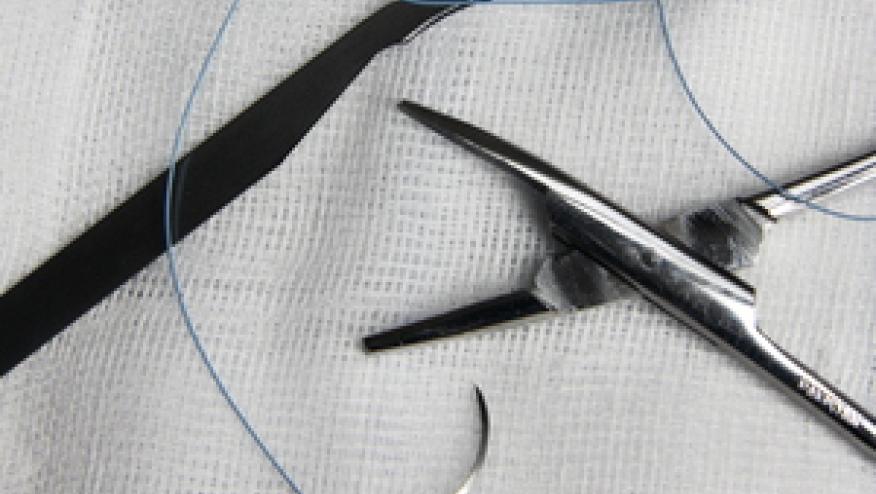Higher Hip and Knee Replacement Revision Rates in Younger Patients Save

Joint arthroplasty has grown into a billion dollar industry worldwide. However, optimal timing and the success of total joint replacements in younger patient groups has not been well studied.
Age related life-time risks for revision surgery were calculated using 63,158 patients from the Clinical Practice Research Datalink undergoing total hip or total knee replacement surgery between 1991 and 2011.
The knee replacement 10-year implant survival rate was 95·6% and 20-year rate was 85·0%.
The hip replacement10-year implant survival rate was 96·1% and 20-year implant survival rate was 89·7%.
There was a 5% lifetime risk of requiring revision surgery for those over the age of 70 years.
On the other hand the lifetime risks of revision surgery was significantly increased for younger patients, up to 35% for men in their early 50s. Women in the same age group had a 15% lower risk.
The median time to revision for patients who had surgery younger than age 60 was 4·4 years.
These date suggest that younger patients have a higher rate of total hip or knee replacement. The trends towards arthoplasty in younger patients need to be reevaluated with involvement of the patients in a shared decisionmaking process.










If you are a health practitioner, you may Login/Register to comment.
Due to the nature of these comment forums, only health practitioners are allowed to comment at this time.